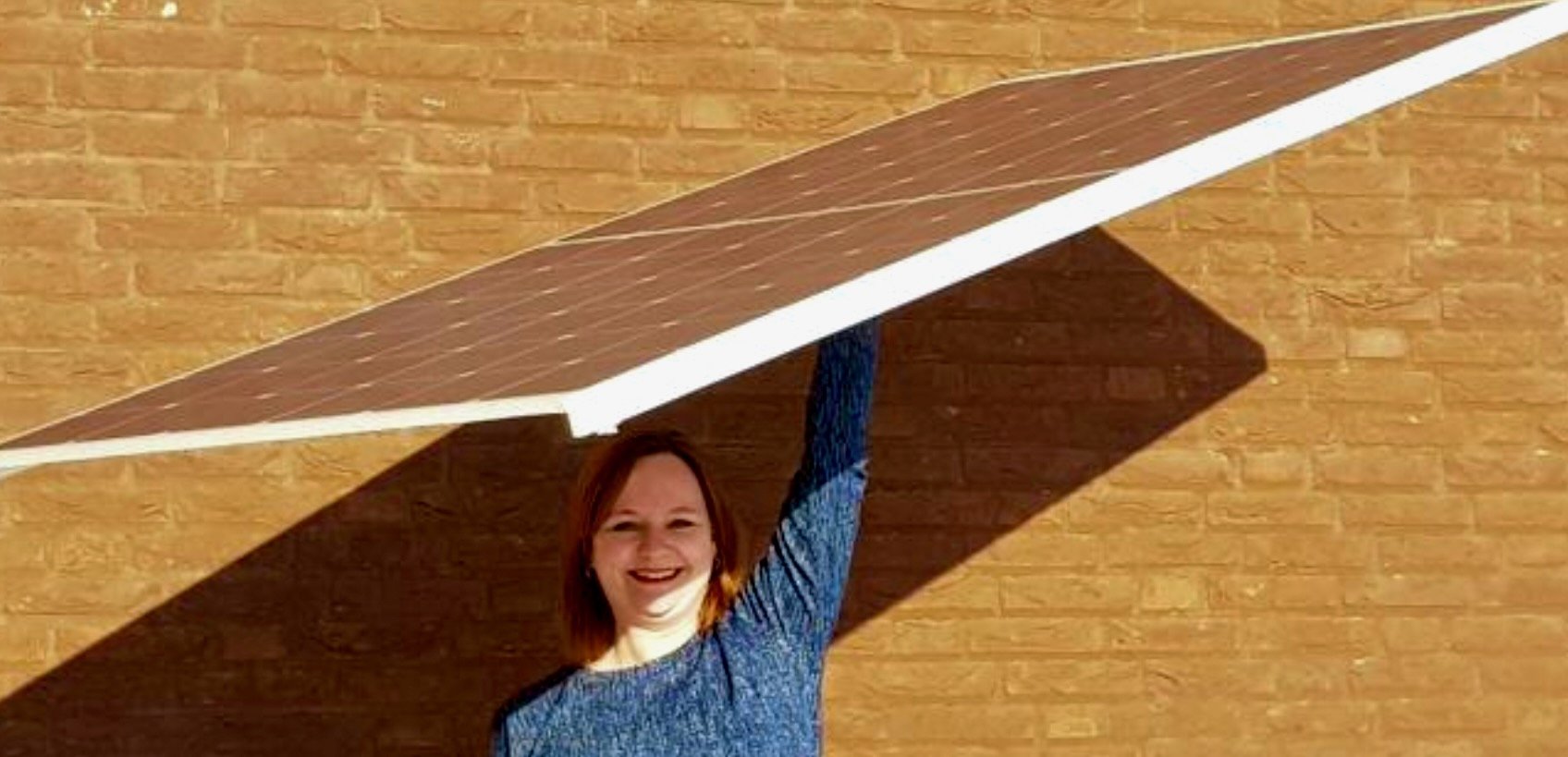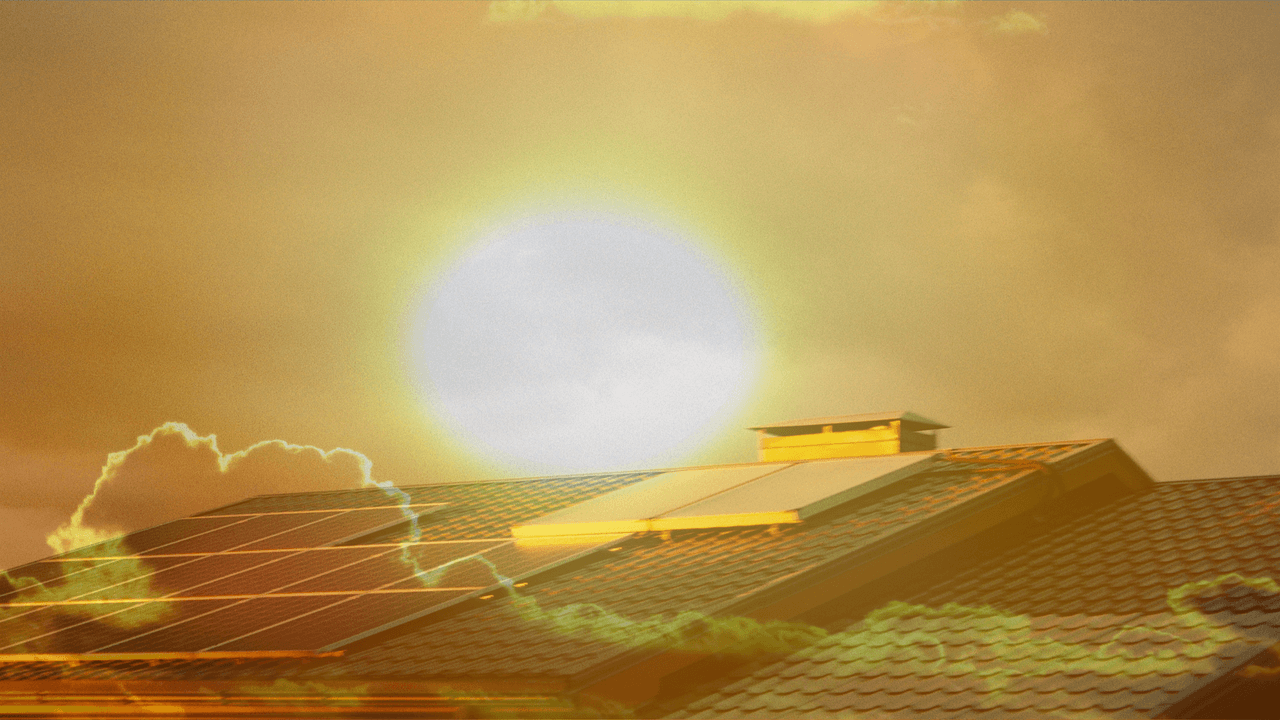The current challenge of climate change and the energy crisis in Europe have motivated governments to end the EU's dependence on fossil fuels. Countries are looking at gas alternatives like green hydrogen, tidal energy, and wind power.
But solar remains the front runner with the most significant capacity to generate energy for homes and businesses and replenish national grids.
The European Commission's REPowerEU plan mandates the installation of rooftop solar panels on new public and commercial buildings and new residential buildings by 2029.
But while solar power should be the biggest generator of power in the future, there are challenges to reaching this goal. And Europe's startups are providing a way forward to solve some of the industry's most complex challenges.
Improve the carbon footprint of solar panels

While solar panels have green cred, there's always room for improvement. Dutch startup Solarge has developed a new technique to manufacture lightweight solar panels without using aluminium or glass.
In partnership with industry manufacturers, the solar panels have a carbon footprint 80% better than conventional modules, free from toxic materials, and 50% lower in weight than other modules, expanding potential use cases. They can be easily disassembled at the end of life and are suitable for upcycling.
What happens to solar panels after they die?
Today's commercial solar panels have a lifespan of 25 to 30 years, meaning panels installed in the 1990s are retiring.
But dismantling and recycling them is not as simple as taking them to a recycling facility. Each solar panel contains layers of precious mined metals such as silver, copper, and aluminium as well polysilicon.
Extracting these materials is traditionally imprecise and time-consuming, reducing their value and increasing their carbon footprint.
In response, French startup ROSI solar has developed a way to extract and salvage the valuable materials inside each photovoltaic panel.
A thermal process removes the polymers that hold the materials with each solar panel together. Then the materials are mechanically sorted, recovering the photovoltaic cells, which contain high-purity silicon and silver wires. Once recovered, these can be reused in the solar panel supply chain or made into other products.
This circular design process extends the materials' lifespan and reduces the reliance on mining metals.
Extend the life of solar panels
Startups are also looking at ways to expand the lifespan of solar panels. Traditional maintenance is a time-consuming manual process or involves flying drones over rooftops.
Some providers opt to replace panels entirely rather than foot the repair cost, increasing their carbon footprint.
In response, Clever Solar Devices is a Spanish startup focused on what it calls Photovoltaics 4.0. It uses patented hardware and AI-embedded software to diagnose the health of individual solar panels, measuring the health of each automatically in real-time and remotely without interrupting production
This makes it possible to detect which specific photovoltaic modules are defective and replace them accordingly.
A second life for retired solar panels

While startups are working to extend the lifespan and usability of individual solar panel materials, there's also scope for reusing them to create new products.
German startup SunCrafter has developed technology to give solar panels from industrial solar farms a second life in the form of new products.
By applying a proprietary IP-protected remanufacturing process to degrading solar modules, they are transformed into plug-and-play photovoltaic systems. These can charge any 12-volt electrical device or battery and run for decades without maintenance or repair.
But challenges await
While there are thousands of solar startups in Europe, there are still challenges confronting the industry that need to be met for the region to meet its climate commitments.
For example, last year, research by the European trade association SolarPower Europe found that employee numbers would need to double from 2021's figure of 466,000 to over 1 million to meet Europe's solar goals.

Thus, there needs to be substantial investment in training future employees in manufacturing, sales, installation, analysis, and maintenance – and continual upskilling as technological advancements in solar energy evolve. This is a role where edtech startups focused on both practical and digital education can have a meaningful presence.
Further, material delays and supply chain challenges impact all industries. Startups dedicated to reducing supply chain bottle networks and improving the transportation of goods and materials (examples include Solvo.ai and SHIPSTA will have an important role to play if Europe is to achieve its aims.
It's questionable whether Europe can meet its solar goals on schedule. Still, any efforts to advance the composition of solar panels, extend their lifespan and improve their sustainability will reinforce their value in mitigating the impacts of climate change.



Would you like to write the first comment?
Login to post comments